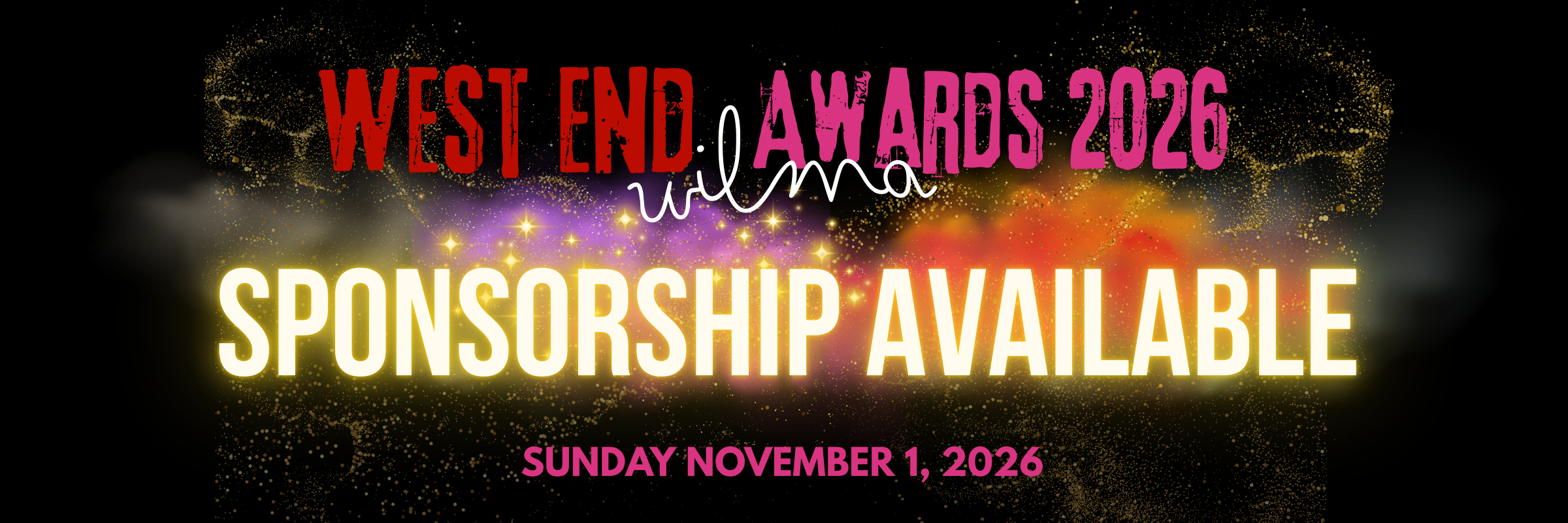When I saw that Khaled Hosseini’s The Kite Runner was preparing to hit the West End this winter, I practically scalded my hand as I was throwing my coffee around so vehemently with excitement. What a feat this would be to do and do well, I thought. This production follows on from Sean Mathias’s version of No Man’s Land, with the Wyndham Theatre continuing with its adoption of emotionally demanding and intellectually stimulating pieces.
We are introduced to our narrator, Amir, who confides in us that a series of tumultuous events have led him to desire to be “good again”, and we are taken on a journey spanning multiple generations, travelling from the Middle East to the USA. Amir must revisit an incident that led to the shattering of multiple bonds, and confront a multitude of demons that have haunted him for years.
From having studied the novel twice, I was keen to see two things: 1) how such an emotionally harrowing play could be transported onto the stage in a way that was not dominated by its tragic content, remembering to lift the audience with its moments of joy (they are rare, but there) and 2) how effectively the stage adaptation could bring to life the richness of culture that the novel affords.
The latter was achieved confidently from the first sentence, as it was spoken in Farsi, one of Afghanistan’s most spoken languages. The script slipped into smatterings of Farsi throughout the play’s duration and context was given regarding various Afghan customs, particularly the explanation of kite running as a beloved tradition in Kabul, of which added a distinct authenticity to the original setting. When the continent shifts from the Middle East to America, the Afghan community pulls together with their roots from the old country, and we witness the strength of their ties to tradition and honour throughout a richness of context and Farsi mixed with gradually adopted American accents.
The former was achieved with a well-revised script that balanced a heavy plot with comedic dialogue – no easy feat to get right. The bond between actors Ben Turner (Amir) and Andrei Costin (Hassan) was electrifying in the early childhood scenes, with their personification of youthfulness both charming and believable. Turner was an excellent lead, engaging and eloquent, convincingly carrying his character’s deep internal self-hatred and remorse. A key theme in The Kite Runner is the search for atonement of sin and the confrontation of acts of physical and psychological trauma, so the smatterings of beauty – such as a wedding, a kite soaring overhead – represent a wider metaphor that the book delivers: wherever possible, to hunt for happiness in the face of relentless darkness.
The creative team should be applauded for their innovative presentation and attention to detail, particularly for the reasonably minimalist set design: a backdrop of a kite split in two, perhaps symbolising the two young boys, creating a chilling textural ambience when various colours and scenes are projected on to it. A wonderful touch was Hanif Khan’s ethereal tabla playing throughout the two halves, adding that special something that only live music can seem to provide. The flying of the kites was left mostly to our imaginations, doing the job of keeping us on the ground with Amir, absorbing the intensity of the stories unfolding before us.
As a multi-generational plot, there’s no escaping the fact that this is a hefty plot carrying a heavy amount of history and context. Adapting this to a live-action script is therefore no easy feat, with all of the obvious theatrical challenges to bear in mind. Several harrowing humanitarian issues are dealt with in the plot, including that of rape, child trafficking and the sobering nature of war. It tracks the fate of Afghanistan and its native people through years of political unrest and violence, covering the Soviet invasion, the rise of the Taliban and the aftermath of 9/11. Cultural tensions between Sunni (Pashtun) and Shi’a (Hazara) Muslims is a constant topic of social disparity, shedding light on several inter-racial conflicts and religious implications in relation of identity and class within the Afghan community. In light of the original story’s extensive content, the performance kept a timely pace and honoured each of the key elements, omitting nothing of glaring importance.
The Kite Runner is one of the most politically and culturally crucial texts of our time, and more so than ever before in our world’s current tumultuous political and social climate. At present, the Islamic faith is under scrutiny across the world. Immigration is a topic of constant controversy and discussion. War rages on and humanitarian crises are convulsing. It is deeply, immeasurably important to have pieces of work like this in the West End at this time, serving as a staggeringly powerful reminder of the work that we still desperately need to do as humans. This adaptation of Hosseini’s wok personifies these truths in the accessible format that is theatre, awakening the senses and transporting us to a dimension whereby we can truly absorb the shattered remains of Afghanistan and its people, and try to take on the themes of regeneration, redemption and identity to forge a new outlook on our world.
I witnessed a standing ovation unlike any I’ve seen in a West End production, and it’s rightfully deserved. Just don’t expect an easy journey – this exquisitely written and directed performance will massacre your heart and enthral your senses.
Reviewed by Laura Evans
THE KITE RUNNING plays at the Wyndham’s Theatre until 11 March 2017.


